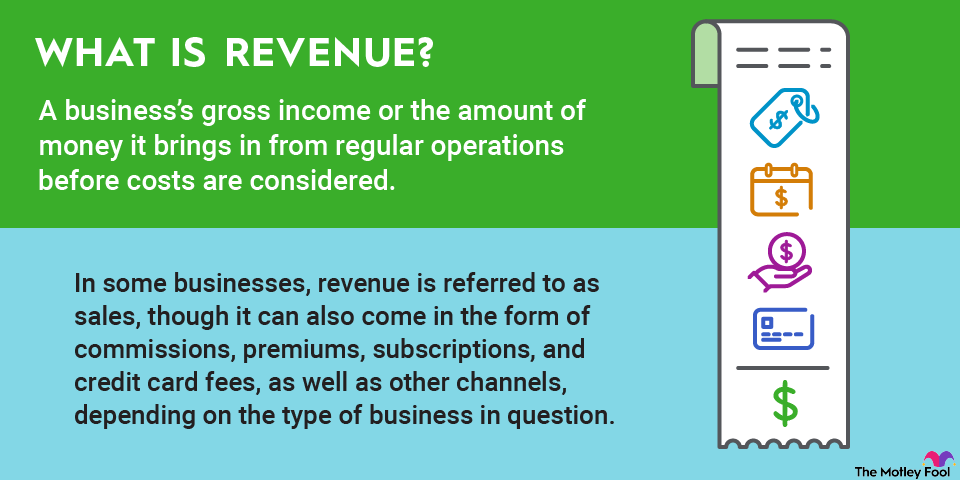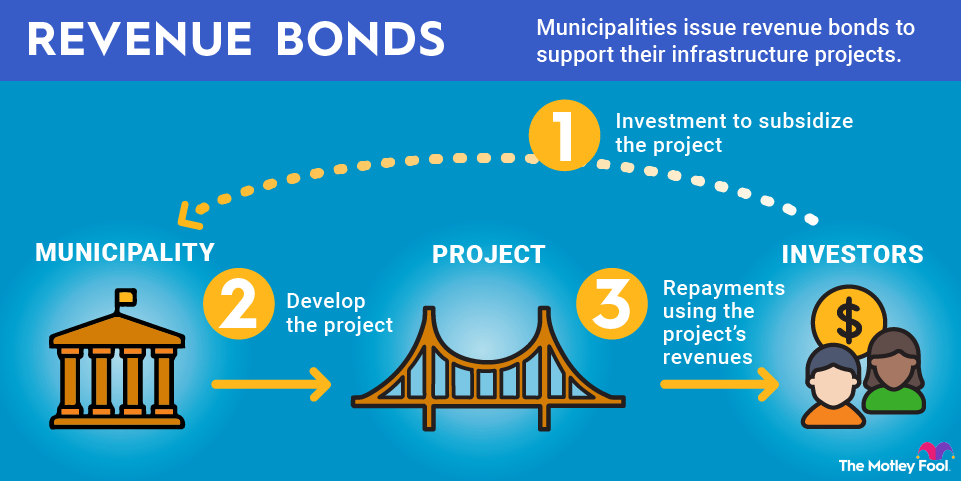If you're opinionated about who gets your wealth once you're gone, you should know about revocable trusts and how they work. Read on to learn the basics of this popular estate planning tool.

What is a revocable trust?
A trust is a legal structure that can hold and manage assets according to defined instructions. A revocable trust leaves control of the trust assets with the grantor -- the person who initiated the trust's creation. Grantors may also be called settlors, trustors, or trust creators. Leaving control of the assets with the grantor has a few legal implications:
- The grantor can amend the trust in any way at any time without anyone else's permission.
- The grantor can continue to use and earn income from trust assets until they pass away.
- The trust assets are included in the valuation of the grantor's wealth when estate taxes are assessed.
A trust that is not revocable is (appropriately) called an irrevocable trust. An irrevocable trust requires the grantor to surrender all rights to the trust assets and cannot be modified without a court order.
Note that revocable trusts can become irrevocable. This usually happens when the grantor passes away or becomes incapacitated. Irrevocability prevents changes to the trust that aren't in the spirit of the grantor's wishes.
Why create a revocable trust?
Revocable trusts are most commonly used in estate planning to distribute wealth after death. However, a will or an irrevocable trust can also do this, but those options have different features.
When you use a will to define the distribution of your assets, those assets go through probate, while trust assets do not. Also, relative to a will, a trust can handle more complex situations, and you can continue to use assets in a revocable trust -- which is not the case with an irrevocable trust. Let's talk about each of these factors below.
- Trust assets don't go through probate. Probate is a lengthy court process that involves inventorying and liquidating assets, paying creditors, and distributing wealth to beneficiaries. Probate documents, including the will of the deceased, become public record, accessible by anyone. On the other hand, trust records generally remain private, which benefits grantors and beneficiaries.
- A trust can handle more complex distribution scenarios. A trust can hold and manage funds for minor beneficiaries. It can also distribute wealth in increments rather than all at once. You could also use a trust to pay for care for a disabled beneficiary.
- You can continue to use the assets in a revocable trust. You can place real estate, cars, bank accounts, and non-retirement investment accounts into a revocable trust. Although these assets technically become property of the trust, you can continue to live in the home, drive the car, and trade in the investment account.
Steps to setting up a revocable trust
Revocable trusts are usually created by an estate attorney. The attorney drafts a trust document that lists the people involved. These include:
- A trustee who manages the trust assets
- A grantor who establishes the trust and is often the initial trustee
- A successor trustee who takes over when the grantor passes away
- Beneficiaries who receive assets from the trust after the grantor passes away
Once the trust document is finalized, the grantor signs it and has it notarized. The last step is the most tedious. After the trust is created, the grantor must transfer ownership of the assets to the trust. This can involve changing real estate deeds, car titles, and names on bank accounts.
Grantors will often couple a revocable trust with a pour-over will. The pour-over will transfers any remaining personal property into the trust when the grantor dies.
Will versus revocable trust
You can document your wishes for the distribution of your wealth in a will or a trust. A will may be sufficient under two conditions:
- Your estate is small enough to avoid probate. That threshold varies by state and can change annually.
- You have no special requests other than divvying up your assets in lump sums to your beneficiaries.
A trust is a consideration when you don't want your beneficiaries to deal with probate. The probate process can be lengthy and expensive -- especially if you own property in multiple states. Placing your property in trust can bypass that system. Essentially, you will handle the hard work of wealth transfer while living so that your successor trustee and beneficiaries won't have to later.
Trusts can also manage special requests better than wills. It is common to have special requests if you have minor children, disabled beneficiaries, or beneficiaries who need help managing wealth.
Minor children
You cannot bequeath assets directly to minor children. You can either name a property guardian in your will or establish a trust to manage the assets until your children reach legal age. The trust must follow your distribution instructions, while a property guardian will have more freedom to make independent decisions.
Related investing topics
Disabled beneficiaries
Disabled beneficiaries can lose access to needs-based benefits after an inheritance. To avoid that, you could leave wealth to other relatives in a will under the promise that they will care for the disabled family member. However, there is no guarantee those relatives will comply with your wishes. A revocable trust or a special needs trust will more reliably ensure the disabled beneficiary has sufficient access to funding.
Beneficiaries who need help managing wealth
Without a trust, you can only leave lump-sum wealth transfers to your beneficiaries. With a trust, you can distribute wealth in installments. This may be a good strategy for beneficiaries who have extreme spending habits.
In short, a revocable trust offers more flexibility than a will in how your wealth is distributed. Depending on the size of your estate, a trust can also streamline the transfer for your beneficiaries after you are gone.


















